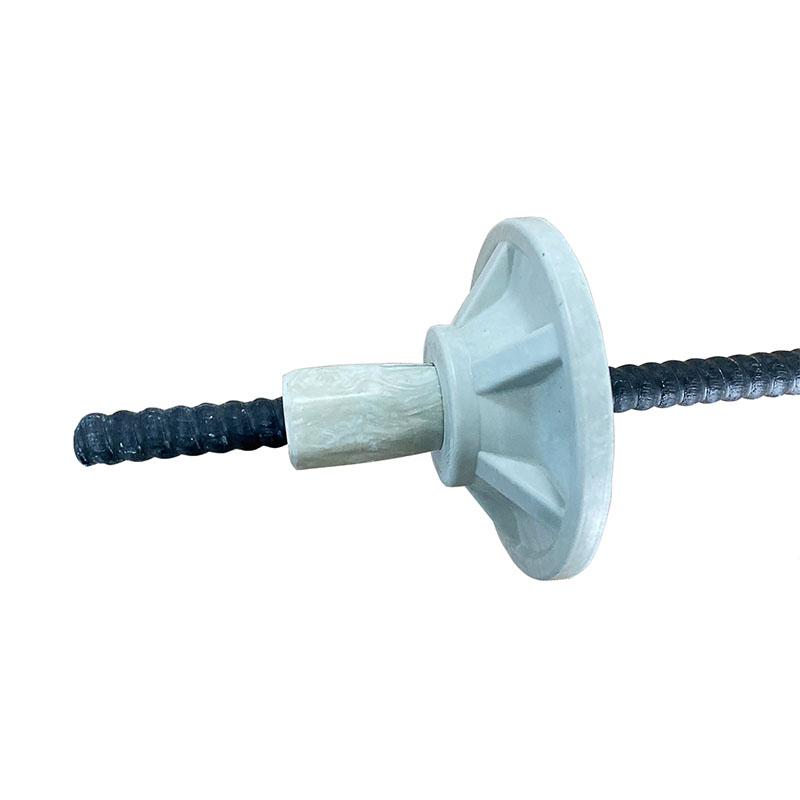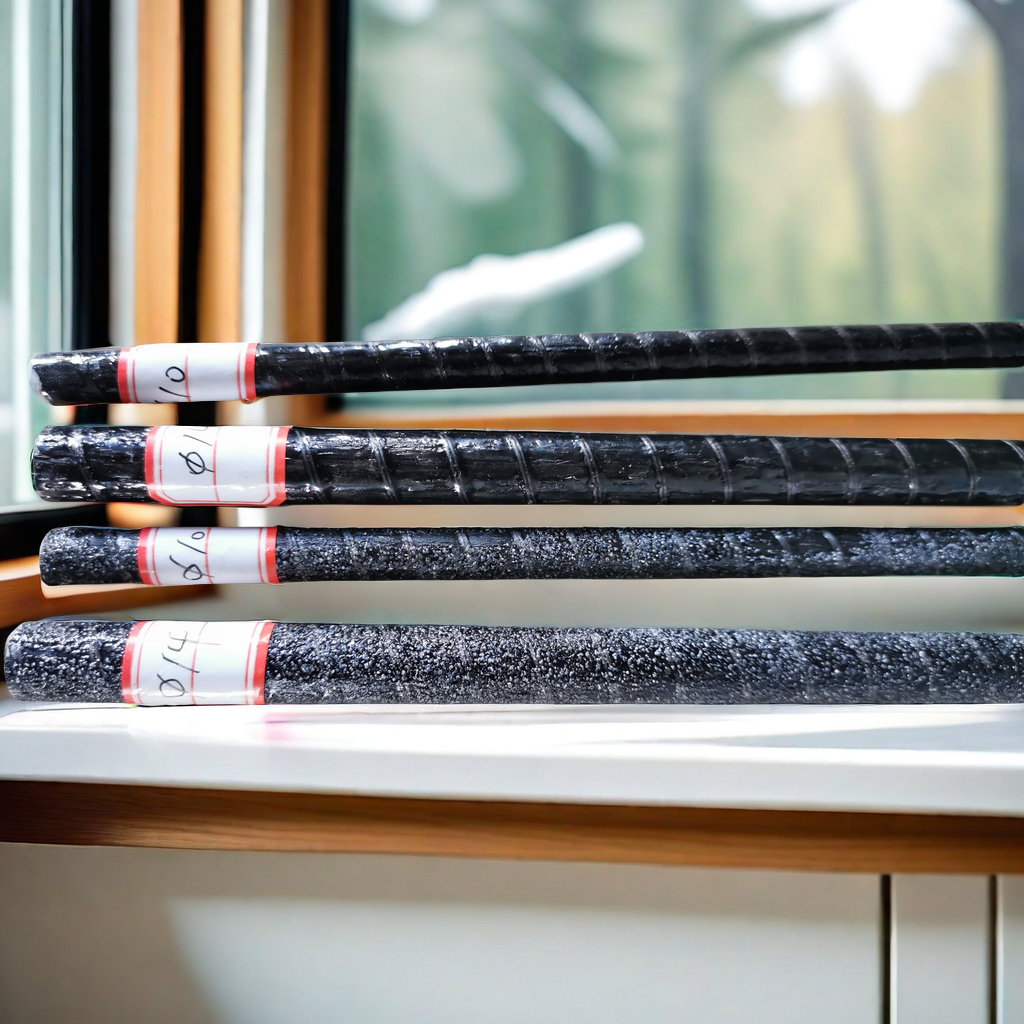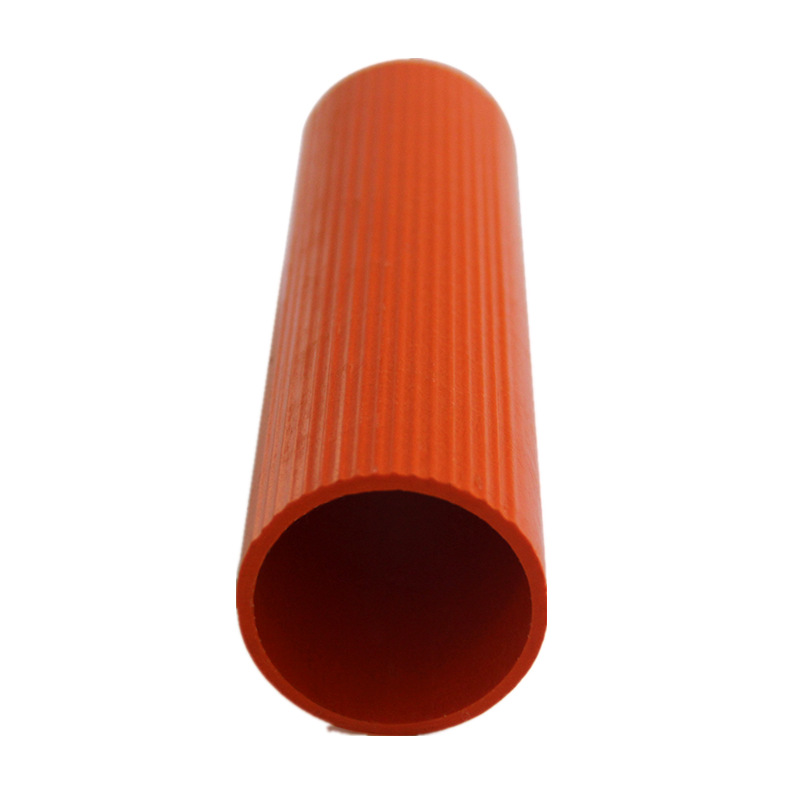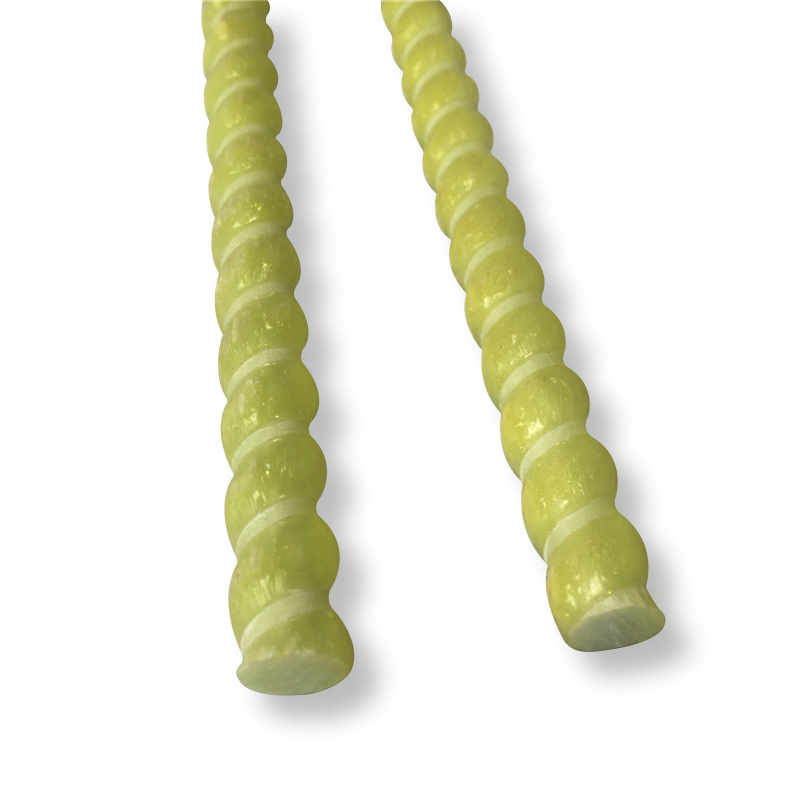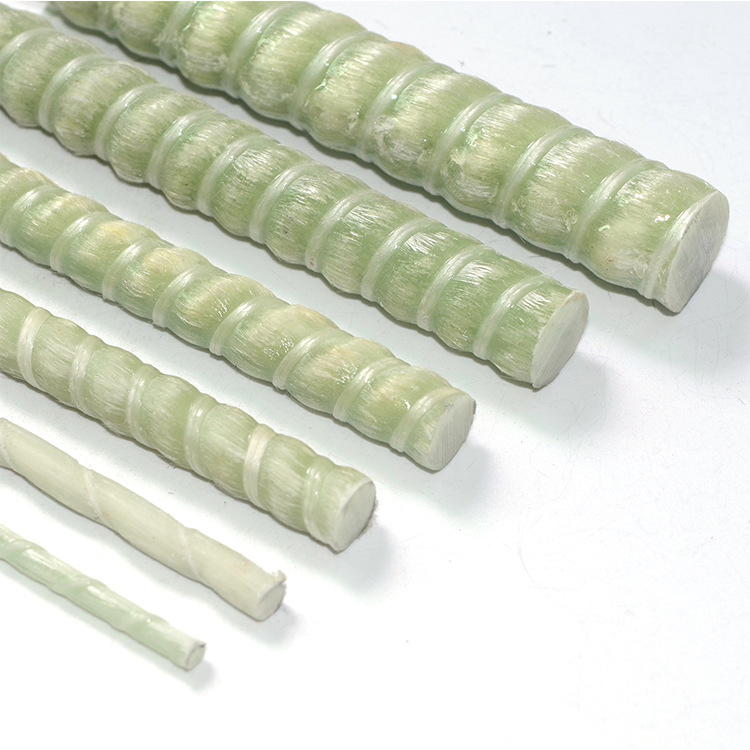Introduction
In the construction industry, the choice of reinforcement materials plays a pivotal role in determining both the structural integrity and the cost-effectiveness of a project. Traditional steel rebar has been the standard for decades, but with advancements in material science, alternatives like fiberglass rebar are gaining attention. This article delves into the question: Is fiberglass rebar cheaper than steel? We'll explore the properties, costs, and applications of both materials to provide a comprehensive comparison.
Understanding the nuances between these two types of rebar is crucial for engineers, contractors, and project managers aiming to optimize their construction projects. By examining factors such as material costs, durability, installation procedures, and lifecycle expenses, we aim to shed light on the economic benefits of choosing Fiberglass Rebar over traditional steel.
Material Properties of Fiberglass Rebar vs. Steel Rebar
Fiberglass Rebar Characteristics
Fiberglass rebar, also known as Glass Fiber Reinforced Polymer (GFRP) rebar, is made by combining continuous fiberglass filaments with a resin matrix. This composite material results in a reinforcement product that is lightweight, non-corrosive, and has a high tensile strength. One of the significant advantages of fiberglass rebar is its resistance to environmental factors that typically degrade steel, such as moisture and chemicals.
Additionally, fiberglass rebar has a high strength-to-weight ratio, making it easier to handle and install. Its non-conductive nature also makes it suitable for structures where electromagnetic interference needs to be minimized.
Steel Rebar Characteristics
Steel rebar is a tried and tested reinforcement material known for its high tensile strength and ability to bond well with concrete. However, steel is susceptible to corrosion when exposed to moisture, chlorides, and other aggressive substances. Corrosion can lead to structural weaknesses, requiring maintenance or replacement over time.
While steel rebar is heavier and may require more robust handling equipment, it remains a staple in construction due to its familiarity among professionals and its well-understood performance characteristics.
Cost Comparison
Initial Material Costs
When comparing the upfront costs, fiberglass rebar can be more expensive per unit length than steel rebar. The production of fiberglass rebar involves specialized processes and materials that contribute to its higher initial price. However, it's essential to consider that fiberglass rebar is lighter, which can reduce transportation costs.
On the other hand, steel rebar is mass-produced and widely available, often resulting in lower initial purchase prices. The global steel market is well-established, providing competitive pricing for buyers.
Installation Costs
Fiberglass rebar's lightweight nature can lead to reduced labor costs during installation. Workers can handle the rebar without the need for heavy machinery, and the ease of cutting and shaping the rebar on-site can expedite construction schedules.
In contrast, steel rebar requires more effort to manipulate due to its weight and rigidity. The need for cutting torches and heavy-duty bending equipment can increase labor expenses and time on the job site.
Lifecycle Costs
One of the most significant factors in cost comparison is the long-term maintenance and durability of the material. Fiberglass rebar does not corrode, which means structures reinforced with it require less maintenance over time. This longevity can translate into substantial savings in repair and replacement costs.
Steel rebar, while durable, is prone to corrosion, especially in harsh environments. The costs associated with repairing corrosion damage can exceed the initial savings from choosing steel over fiberglass. Therefore, when considering the total lifecycle costs, fiberglass rebar can be the more economical choice.
Application-Specific Considerations
Corrosive Environments
In structures exposed to saltwater, chemicals, or de-icing salts, such as bridges, marine structures, and roadways, the non-corrosive nature of fiberglass rebar offers significant advantages. The reduced need for corrosion-related maintenance makes fiberglass rebar a cost-effective option in these scenarios.
Steel rebar in these environments may require additional protective measures like coatings or cathodic protection systems, increasing both initial and maintenance costs.
Structural Requirements
Fiberglass rebar has a lower modulus of elasticity compared to steel, which means it is less stiff and may not be suitable for all structural applications without adjustments to design specifications. Engineers may need to increase the quantity or change the arrangement of fiberglass rebar to meet specific structural requirements.
Steel rebar's well-understood performance makes it easier to design structures without significant changes to traditional methods. However, this might come at the cost of heavier structures and increased material usage.
Case Studies and Real-World Applications
Infrastructure Projects
Several infrastructure projects have successfully implemented fiberglass rebar to reduce costs and enhance durability. For instance, the use of fiberglass rebar in bridge decks has extended service life and reduced the frequency of repairs, leading to long-term savings that outweigh the higher initial investment.
In these cases, the total project costs decreased due to less downtime for maintenance and fewer disruptions to the public, showcasing the economic benefits of fiberglass rebar.
Marine and Coastal Structures
Fiberglass rebar has been extensively used in marine environments where steel would rapidly corrode. Structures like seawalls, docks, and piers have benefited from the material's resistance to saltwater, leading to lower maintenance costs and longer lifespans.
The initial higher cost of fiberglass rebar is offset by the significant savings in avoiding corrosion damage, making it a cost-effective choice for coastal construction.
Environmental and Long-Term Benefits
Beyond direct cost considerations, fiberglass rebar offers environmental benefits. Its production results in lower carbon emissions compared to steel manufacturing. Additionally, the longevity of structures reinforced with fiberglass rebar means fewer resources are consumed over time for repairs and replacements.
Using fiberglass rebar contributes to sustainable construction practices, which can be an essential factor for projects aiming for green building certifications or for organizations prioritizing environmental responsibility.
Expert Opinions
Industry experts highlight that the total cost of ownership is a critical factor when comparing reinforcement materials. According to recent studies, while fiberglass rebar may present higher upfront costs, the savings over the structure's lifetime are substantial. Maintenance budgets can be significantly reduced, reallocating resources to other critical areas.
Engineers and project managers are increasingly recommending fiberglass rebar for projects where long-term durability is a priority. The material's performance in various environments has proven its viability as a cost-effective alternative to steel.
Conclusion
In conclusion, while fiberglass rebar may not always be cheaper than steel when considering initial material costs, its benefits in terms of reduced installation expenses, minimal maintenance requirements, and extended lifespan can make it a more economical choice over the long term. The decision between fiberglass and steel rebar should be based on a comprehensive analysis of the project's specific needs, environmental conditions, and lifecycle costs.
For construction projects where durability, corrosion resistance, and long-term savings are paramount, Fiberglass Rebar emerges as a compelling option. As the industry moves towards more sustainable and cost-effective solutions, fiberglass rebar stands out as a material worth considering for modern construction challenges.









